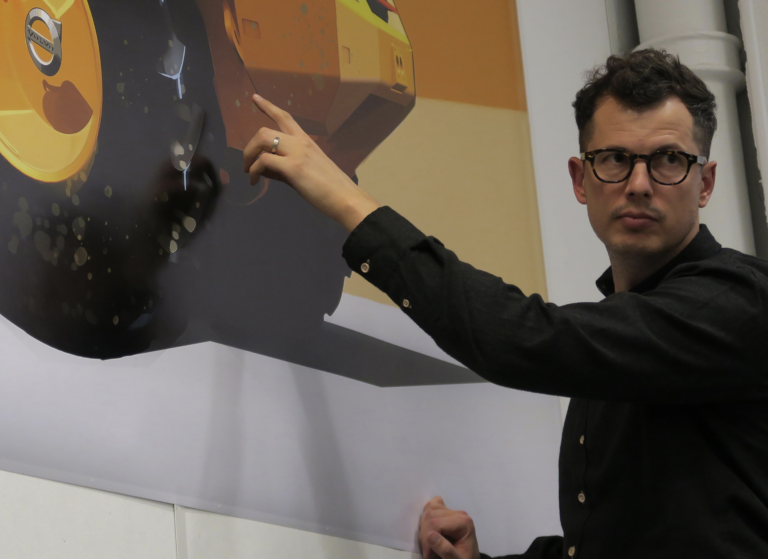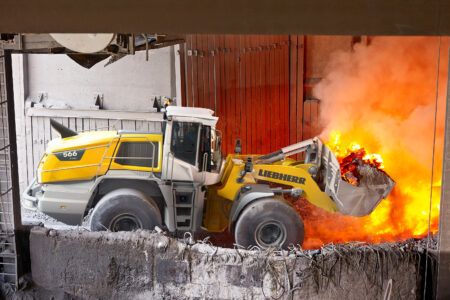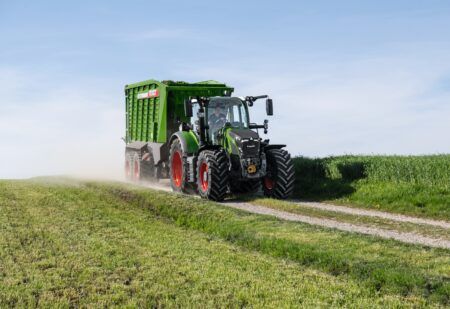A company is only as productive as the people driving it forward – and with great efficiency comes great results. One company known for both is Volvo Construction Equipment. Founded nearly 200 years ago, Volvo CE has an unquestionable track record of success behind it.
From the factory floor to the head office, we hear from a handful of Volvo employees on how they learnt to work smarter within their teams and their workflow.
1. PETER REUTERBERG: EFFICIENCY IN DESIGN
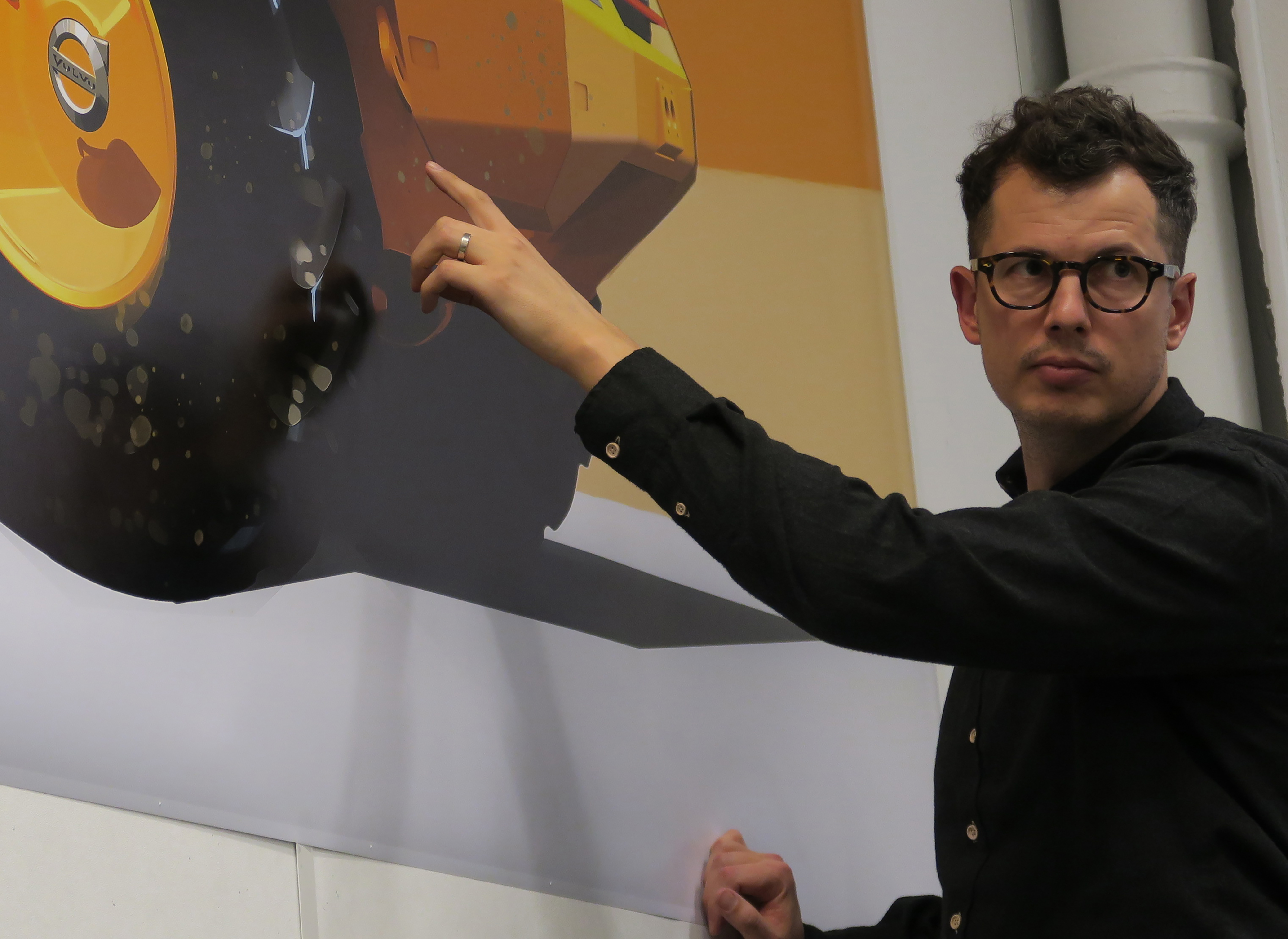
Peter Reuterberg, Chief Designer for Wheel Loaders at Volvo CE.
When it comes to design efficiency, Volvo CE’s Chief Designer for Wheel Loaders, Peter Reuterberg, is an expert. “My job is to understand the requirements of a product and then provide a clear vision to execute the design,” explains Peter. “It´s not always easy since good design is often the result of exploration. What I do to make it efficient is to do the exploration with thumbnail sketches before digging into every little detail. It´s important that all stakeholders can agree on a general theme.” The real time-consuming part of Peter’s job comes next… “Once we have all agreed on a final design sketch, I try to stick to it. It´s easy to wander away from the theme and create parallel tracks but believing in a good idea and following a workflow will save time.”
Another way Peter and his team try to make the design process more efficient is to do it once, do it right, and use it everywhere. They do this by identifing a number of components that carry a strong brand identity and can then be used in a range of products. This is not without challenges. Volvo CE has many different requirements on products and functionality, which cannot be compromised. But modular design systems – that allow for customization and future updates – make it work. The benefits of this efficient approach are less development cost for the company as a whole and clear brand recognition throughout the wide range of products.
2. EMMA HEDLUND: EFFICIENCY ON THE FACTORY LINE
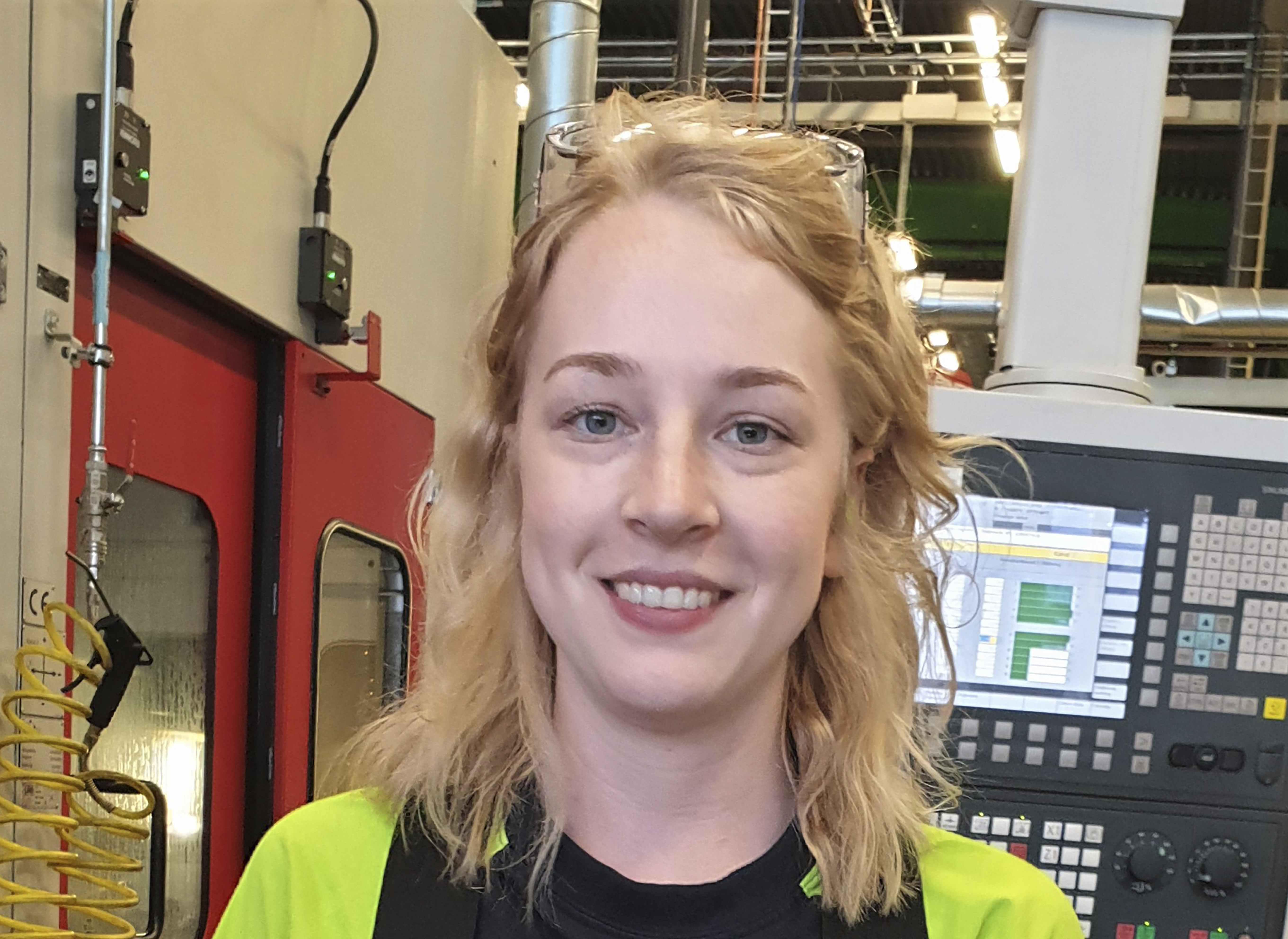
Emma Hedlund, a factory worker based in Volvo CE Operations, Eskilstuna, Sweden.
Emma Hedlund is a factory worker based in Volvo CE Operations, in Eskilstuna, Sweden. She manufactures a specific component called a sun gear. Working in two shifts per day she manages to make 200 sun gears every day! In her department – Operations – efficiency is key. “We always strive to make our work more efficient and smart,” explains Emma. “For example, we use a method called “SMED” (Single-Minute Digit Exchange of Die) which aims to reduce the time it takes to complete the production of a component to a “single” digit (less than 10 minutes) by streamlining workflow – one way we do this is by completing certain background tasks while the machines are running.”
Each month, Emma’s manager undertakes a job observation to assess the team’s workflow on chosen machines. In this way, the team is continuously assessing what needs to be changed so that the workflow can be more efficient. Emma goes on to explain that “it is important to see the production from different angles and with different eyes, which is why we have visits from other cross-functional teams”. This constant striving for improvement suits Emma, who considers herself to be a person who is always looking to develop. But Emma does admit that “sometimes I do things unknowingly inefficient and that’s why these job observations are so important”.
3. ANDREA JIANG: EFFICIENCY IN BUSINESS DEVELOPMENT AND MARKETING
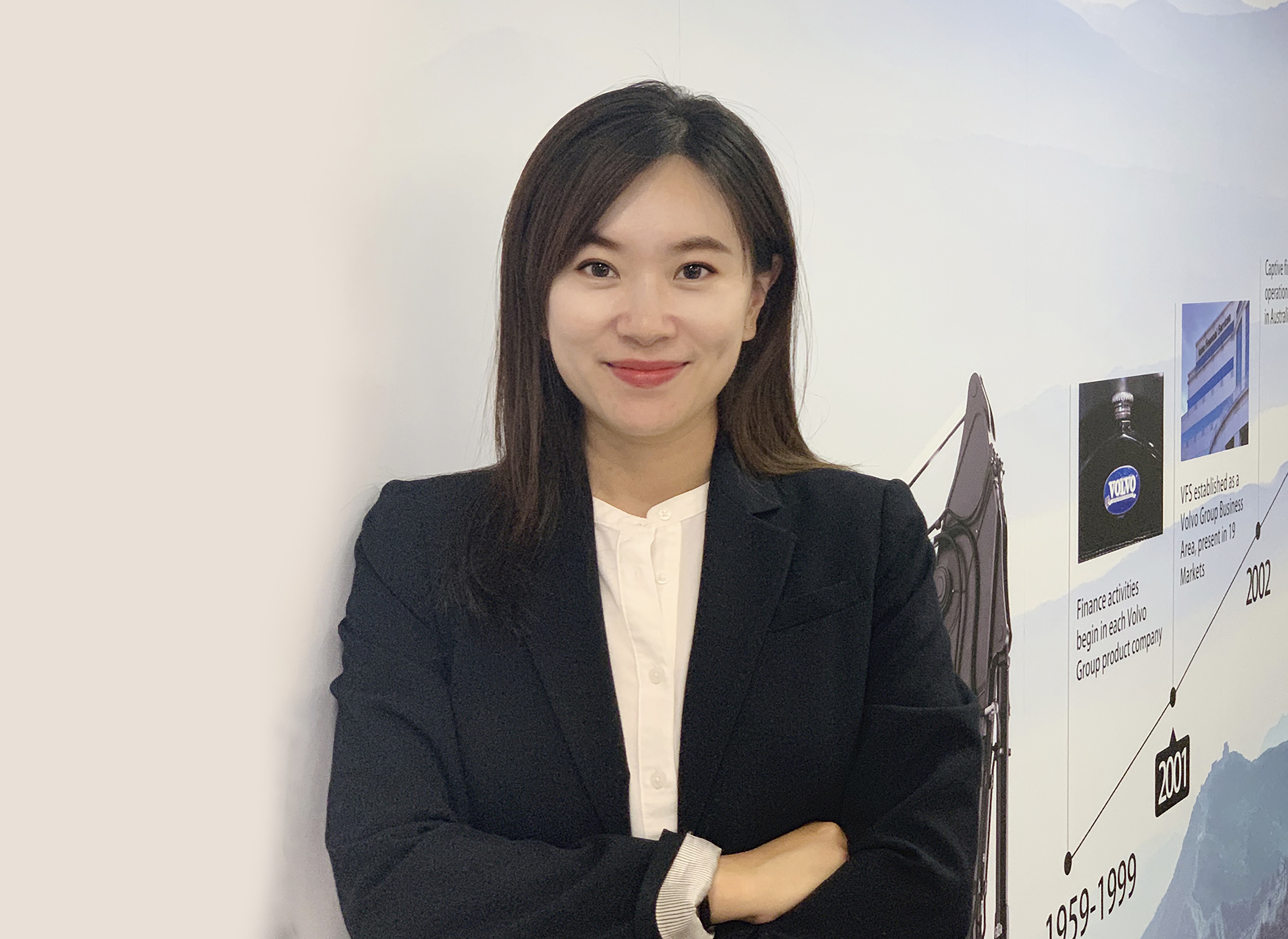
Andrea Jiang, Head of Business Development and Marketing for Volvo Financial Services.
Andrea Jiang, Head of Business Development and Marketing for Volvo Financial Services (VFS) China, has worked for Volvo for almost 10 years. In that time, she has risen through the ranks from customer services officer to management team member. “I owe a lot of my success to a manager who believed in me,” explains Andrea humbly. “Finance may be seen as a man’s world, but not at VFS, where everyone is respected, and women can thrive. I think VFS understands more than most the benefits of greater diversity and the value female leaders bring to the business. I wouldn’t have had half the opportunities I’ve had if it weren’t for the amazing support and encouragement that I’ve had from everyone at VFS. Now that I am in such a key managerial role, I am trying to recreate the support that I had. When I first started at VFS I was the youngest person in the department but my manager had faith in me – and over time I gained faith in myself.” Andrea recognizes that to run a business efficiently you have to encourage individual’s development, recognize people’s strengths and help them learn and progress. “As an organization we are both people focused and results driven and that’s what makes us efficient,” she says.
4. SYLWIA CHMIELEWSKA: EFFICIENCY IN LEADERSHIP
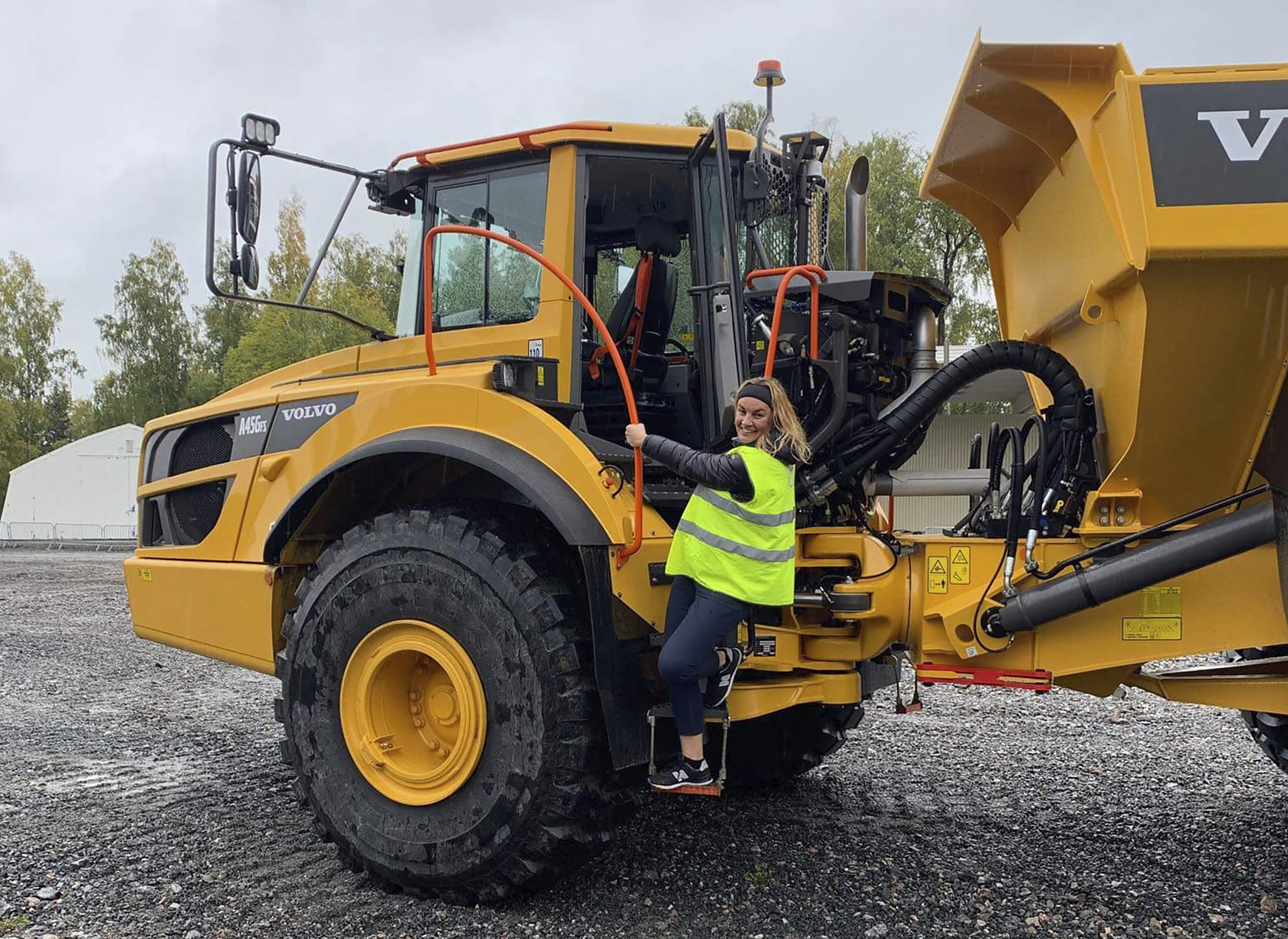
Sylwia Chmielewska, Managing Director Central East North, VFS.
Sylwia Chmielewska, Managing Director Central East North, VFS, says: “Efficiency is really in my DNA – it is in every process I do. At VFS we are focused on continuous improvement and teams are encouraged to explore and develop new ways of working. I believe, from a managerial perspective, the best way to promote efficiency in your workforce is to instill a sense of ownership. Teams know what works best and where their departments are struggling. By fostering a work environment that lets employees speak up and suggest changes without fear of making mistakes, leaders can really see employees flourish, their companies develop – and this can lead to huge boosts in efficiency and savings.”
5. JOHANNES NORDGREN: EFFICIENCY ON SITE

Johannes Nordgren, Application Engineer at Volvo CE’s EMEA Productivity & Efficiency Services Department.
Johannes Nordgren works in Volvo CE’s EMEA Productivity & Efficiency Services department as an Application Engineer. “To me efficiency means doing as much as possible with the resources available,” explains Johannes. “Currently, I am working on developing the Volvo Operator Training Program.
When it comes to the Operator Training Program there are two main aspects to consider regarding efficiency. The first is the way training is delivered. “Training needs to be smart and efficient. Customers’ production is often very costly, therefore unnecessary downtime when the operators are busy training needs to be minimized.” The second aspect to consider is how the training benefits the customer. “Our main focus is to help operators unlock the full capability of their machines; this is especially relevant in the EcoOperator Training,” says Johannes. “In this training we focus on how to perform the task in the most productive and efficient way possible. The most important thing to remember is that you have to constantly reevaluate and assess the result and tweak things to make sure that you are providing the best training.”
There are clear trends when it comes to enhancing efficiency throughout your business. From design and manufacturing, to marketing and finance, right the way through to operator training we see a network of support, innovation and an environment of constant – well-informed – evolution. You have to be supportive of – and willing to adapt and stay relevant to – high efficiency across your business.


